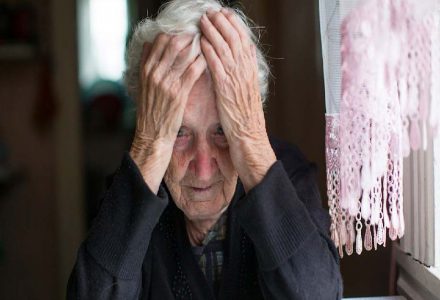Learning Outcomes
- Analysing the causes of depression
- Misconceptions/stigma around depression in older adult
- Health promotion and awareness towards mental health In older adults

Levine, C. (2018, January 4).Elderly Neglect is Legitimized by Canada’s Health Care System. Retrieved from: https://www.huffingtonpost.ca/carol-levine/elderly-neglect-is-legitimized-by-canada-s-health-care-system_a_23302240/
Results and Conclusions
Causes of depression in the older adult:
- Chronic illness
- Medications
- Isolation/loneliness
- Loss of loved ones
- Life transitions
Misconceptions:
people think it is a normal part of aging, every older person has dementia, depression is more difficult to treat in older adults, it’s a part of their other conditions and their older age, everyone experiences depression in the same way, if a bad thing hasn’t happened to you then you shouldn’t be depressed.
Health Promotion
- Strengthen the individual’s capacity to manage their conditions
- Eliminate or minimize the limitations imposed by their conditions
- Act for the individual only when absolutely necessary
Mental health conditions must be seen in the perspective of the client’s world, as it relates to common life changes such as illness, death, retirement, increased vulnerability, social isolation, sensory deficits, greater awareness of mortality and increased risk of institutionalization.
“Mental health and well-being are as important in older age as at any other time of life”
In this project, we explored the topic of depression in the older adult. Depression is not an inevitable part of aging. Mental health challenges are often misunderstood or overlooked in gerontological nursing. Older adults may have a greater risk of depression because they experience many changes in roles and social networks. If an older adult experiences depression, they need the same support as anyone else. We especially need to address this topic since the world’s population is rapidly ageing, by 2050 the population of people over 60 will have nearly doubled from what it is today.
- Approximately 15% of adults over the age of 60 suffer from a mental disorder from those correctly diagnosed
- The myth of aging is that depression may come with getting older
- The rate of anxiety and depression dramatically increases to 30% to 40% for seniors living in institutions, sadly 90% of these people will not seek out the help they need.
- Dementia and depression affect approximately 7% of the worlds older population, that we know of.
Eliopoulos, C. (2018). Gerontological Nursing.Philadelphia, PA: Wolters Kluwer. World Health Organization. (2017, Dec). Mental Health of Older Adults. Retrieved from https://www.who.int/news-room/fact-sheets/detail/mental-health-of-older-adults Mood Disorders Society of Canada. (2020, Jan). Depression in Elderly. Retrieved from https://mdsc.ca/documents/Consumer20and20Family20Support/Depression20in20Elderly20

